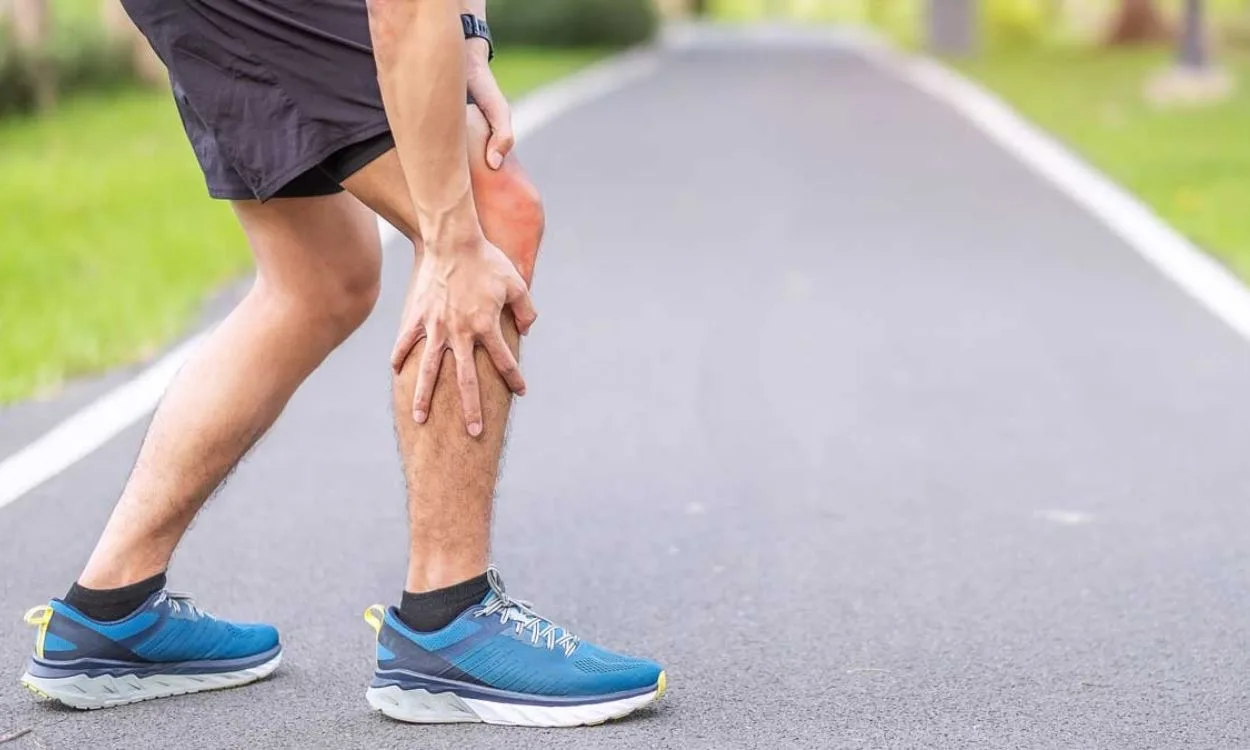What are the effects of prolonged sitting on back pain?
Introduction
In today’s digital age, where most of us have sedentary jobs and spend long hours sitting at desks, the effects of prolonged sitting on our health have become a major concern. One of the most common complaints associated with long hours of sitting is back pain. Back pain can range from mild discomfort to chronic and debilitating pain that affects our daily lives. In this article, we will explore the effects of prolonged sitting on back pain and understand how it can impact our overall well-being.
Effects of Prolonged Sitting on Back Pain
- Muscle imbalances: Sitting for long periods of time can lead to muscle imbalances in the back. The muscles that support the spine can become weak and tight, causing the spine to lose its natural curvature. This can result in poor posture and increased stress on the spinal discs and muscles, leading to back pain.
- Increased pressure on spinal discs: Sitting puts more pressure on the spinal discs compared to standing or walking. When we sit, the discs in our spine have to bear the weight of our upper body, leading to compression. Over time, this increased pressure can cause the discs to degenerate, leading to conditions like herniated discs and sciatica, which can cause severe back pain.
- Reduced blood flow and oxygenation: Sitting for prolonged periods can impair blood flow and oxygenation to the muscles and tissues in the back. This can lead to muscle fatigue, stiffness, and reduced flexibility, making the back more prone to injuries and chronic pain.
- Poor posture: Sitting for long hours often leads to poor posture, with slouching or hunching forward becoming common. Poor posture can strain the muscles, ligaments, and joints in the back, leading to pain and discomfort. It can also contribute to the development of conditions like kyphosis or lordosis, which further exacerbate back pain.
- Decreased core strength: When we sit, our core muscles, including the abdominal and back muscles, are not actively engaged. Over time, this can lead to a weakening of the core muscles, which are important for maintaining a healthy spine and supporting proper posture. Weak core muscles can contribute to back pain and instability.
- Lack of movement and flexibility: Sitting for long hours restricts our movement and reduces the flexibility of the spine and surrounding muscles. Lack of movement can cause the muscles to become stiff and tight, leading to increased discomfort and pain in the back.
How Fitpaa can help?
Fitpaa, an AI-driven metabolism monitoring and management technology, can play a crucial role in addressing the effects of prolonged sitting on back pain. By following the three-step process provided by Fitpaa, individuals can achieve their health and fitness goals, including alleviating back pain.
- Metabolism Assessment: Fitpaa starts by assessing the individual’s metabolism to identify the root cause of their health condition. This assessment takes into account various factors, including lifestyle, eating habits, and current metabolism. By optimizing metabolism, Fitpaa aims to provide a strong foundation for overall health, including addressing back pain caused by prolonged sitting.
- Personalized Fitpaa Capsule: Fitpaa prepares a personalized capsule based on the individual’s metabolism, health and fitness goals, and lifestyle. The Fitpaa Capsule combines medical therapy, medical exercise therapy, medical nutrition therapy, and cognitive behavior therapy to optimize metabolism, burn unhealthy fat, and regulate hormones. Strengthening the body through the Fitpaa Capsule can help alleviate back pain caused by prolonged sitting.
- Real-time Guidance and Metabolism Management: Fitpaa provides real-time guidance and support through its mobile app, which includes virtual workout trainers, diet trackers, performance tracking, and progress tracking. This helps individuals follow their Fitpaa Capsule with precision, incorporating habit-building techniques and timely nudging. By following the Fitpaa Capsule and engaging in regular physical activity, individuals can combat the effects of prolonged sitting and reduce back pain.
Conclusion
Prolonged sitting can have detrimental effects on our back health, leading to muscle imbalances, increased pressure on spinal discs, poor posture, reduced blood flow, decreased core strength, and limited flexibility. However, with the help of Fitpaa’s comprehensive approach to health and fitness, individuals can alleviate the effects of prolonged sitting on back pain. By optimizing metabolism, strengthening the body, and following the personalized Fitpaa Capsule, individuals can achieve their health and fitness goals while improving their back health. Download the Fitpaa app now to experience the benefits of a holistic approach to wellness and start your journey towards a pain-free back and a healthier life.
Note: Fitpaa is a leading mHealth app that has transformed the lives of thousands of people. To learn more about the Fitpaa app and how it can help you achieve your health and fitness goals, visit our website or request a trial.









